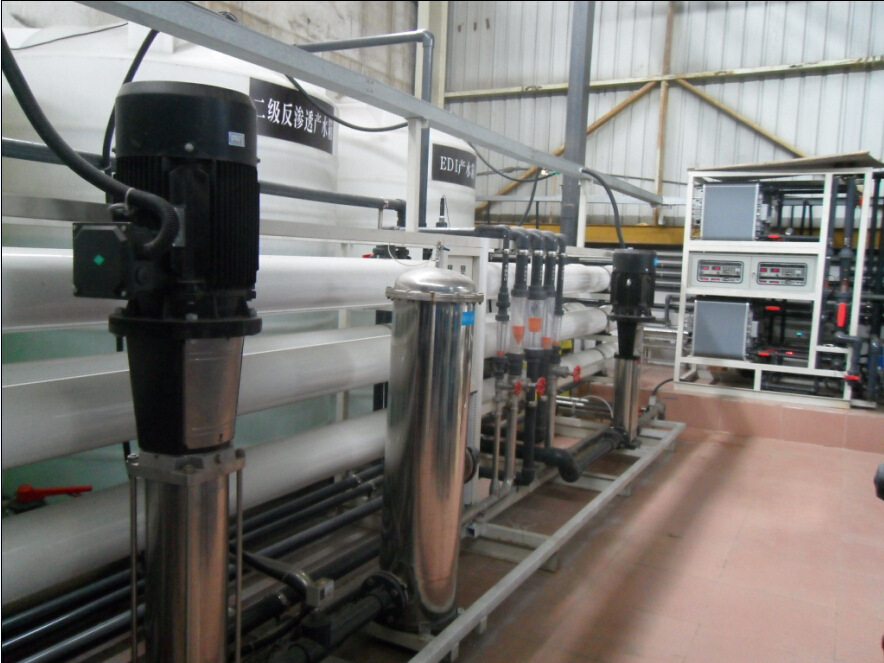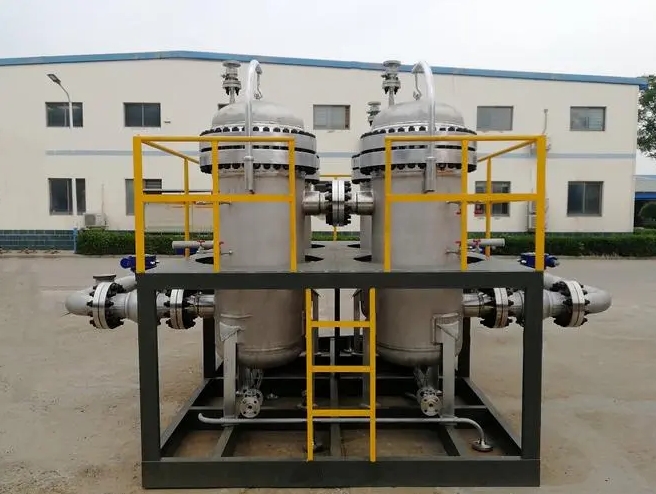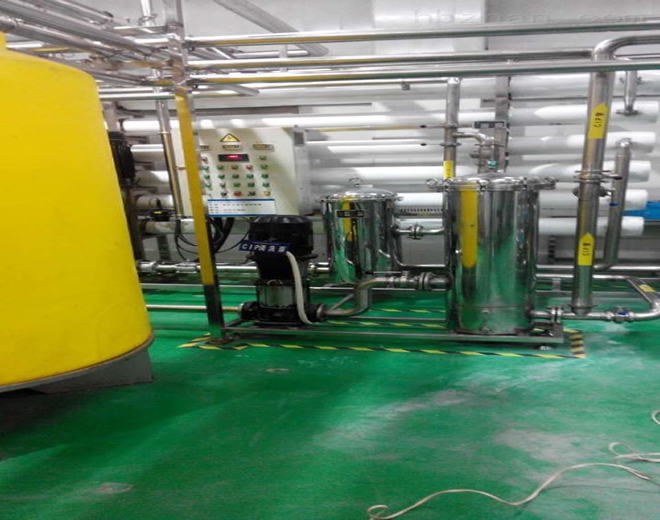In a chemical industry center in Syria, a company producing viscous chemical materials faced the challenge of treating high-viscosity wastewater. To address this issue, the company introduced an efficient high-viscosity filter system, successfully achieving both effective wastewater treatment and environmentally friendly discharge.
1.Medium and Special Properties:
The wastewater from the production of viscous chemical materials in this company contains a large amount of solid particles and highly viscous chemical substances, posing high demands on traditional filtration systems. The unique properties of the wastewater require a specialized filtration system to ensure high-efficiency filtration and to meet environmental standards after treatment.
2.Filter Selection and Design:
To tackle the challenge of high-viscosity wastewater, the company chose the VFS-400 high-viscosity filter. This filter utilizes a stainless steel filter core, providing excellent corrosion resistance and high-temperature performance, suitable for the specific nature of chemical materials. The housing material is made of 316L stainless steel, enhancing the corrosion resistance of the filter and extending its lifespan.
3.Production Requirements and System Design:
Considering the high production demand of 7 cubic meters per hour, the VFS-400 high-viscosity filter system underwent meticulous design. The system incorporates large-diameter stainless steel filter cores to increase the filtration area, meeting the requirements of high production. The hydraulic control system ensures that wastewater can pass through the filter quickly even in a high-viscosity state, ensuring the high-efficiency and stable operation of the system.
4.Operation and Monitoring System:
To facilitate operation and monitoring, the company introduced an advanced automation control system. Operational personnel, led by Mr. Zhang, monitor the operational status, pressure changes, and filter cleaning of the system. The filter system is equipped with an alarm device that promptly notifies the operators in case of anomalies, ensuring quick response to any issues.
5.Economic Benefits and Environmental Impact:
The introduction of the high-viscosity filter has brought significant economic benefits and environmental effects to the company. Firstly, the efficient filtration system reduces the operating costs of wastewater treatment, minimizing maintenance expenses for the filter. Secondly, by effectively filtering the wastewater, the system ensures that the discharged water meets standards, helping reduce pollution to surrounding water bodies and enhancing the company's environmental image.
6.Conclusion:
In summary, the chemical industry company in Syria successfully addressed the challenges of treating high-viscosity wastewater by introducing the VFS-400 high-viscosity filter technology. This achievement demonstrates a well-balanced approach to environmental protection, efficiency, and economic benefits. This successful case serves as a valuable experience and reference for other companies facing similar issues.


